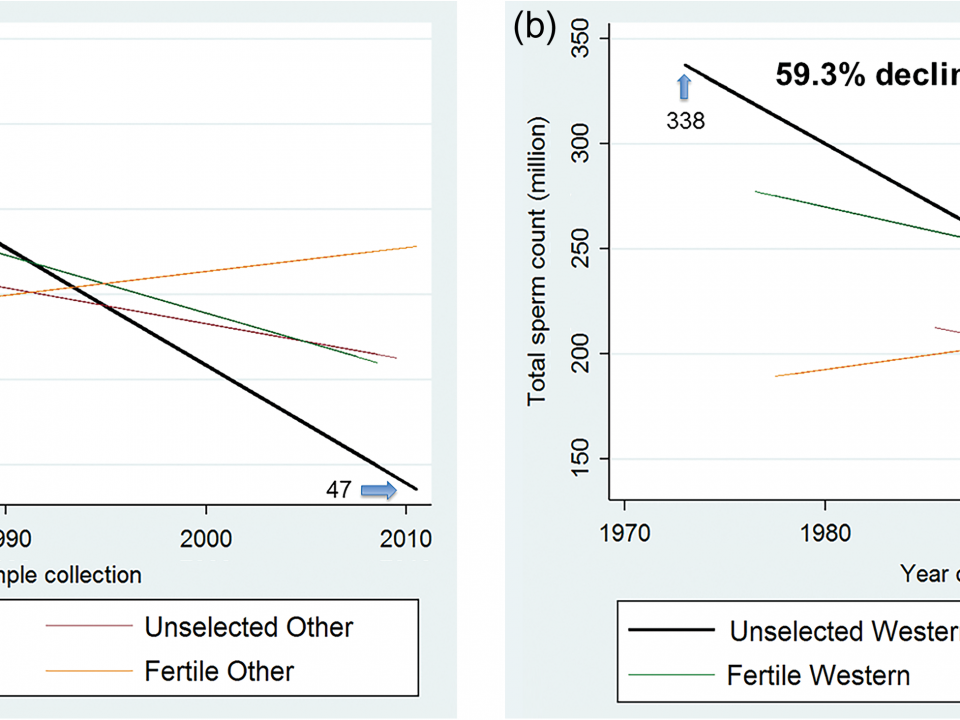One of the symptoms of low testosterone (T), also known as hypogonadism, is fatigue or low energy levels. A couple of papers give some insight into how this works, as well as the extent to which replacing T contributes to higher energy.
Declines in skeletal muscle size and strength, often seen with chronic wasting diseases, prolonged or high-dose glucocorticoid therapy, and the natural aging process in mammals, are usually associated with reduced physical activity and testosterone levels. However, it is not clear whether the decline in testosterone and activity are causally related. Using a mouse model, we found that removal of endogenous testosterone by orchidectomy results in an almost complete cessation in voluntary wheel running but only a small decline in muscle mass. Testosterone replacement restored running behavior and muscle mass to normal levels. Orchidectomy also suppressed the IGF-I/Akt pathway, activated the atrophy-inducing E3 ligases MuRF1 and MAFBx, and suppressed several energy metabolism pathways, and all of these effects were reversed by testosterone replacement. The study also delineated a distinct, previously unidentified set of genes that is inversely regulated by orchidectomy and testosterone treatment. These data demonstrate the necessity of testosterone for both speed and endurance of voluntary wheel running in mice and suggest a potential mechanism for declined activity in humans where androgens are deficient.
In this study, castrated mice who had their T replaced engaged in voluntary running at more than three times the amount that untreated mice did.
Relationship Between Testosterone Levels, Insulin Sensitivity, and Mitochondrial Function in Men. In this study, low T was associated with insulin resistance and low aerobic capacity, which appears to be related to mitochondrial function.
So overall, it seems that one of the pathways through which T works is improved mitochondrial function. If you’ve read my book (see sidebar), you know that mitochondrial dysfunction is one of the main ways through which fatigue is produced in illness. Higher T levels can help this, perhaps even when other causes of fatigue are at work.
The lesson here is that, if you’re a man and have low energy levels or even outright chronic fatigue, you must ensure that T levels are normal. A doctor can check this.








